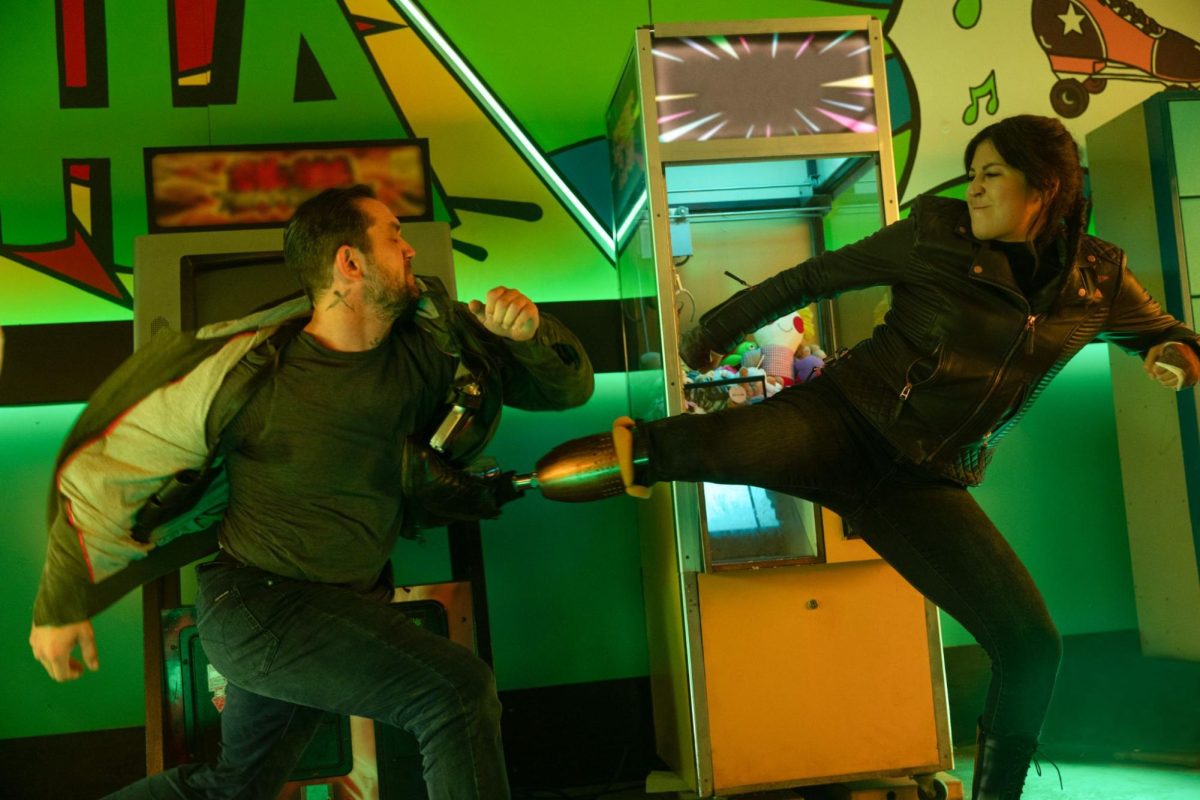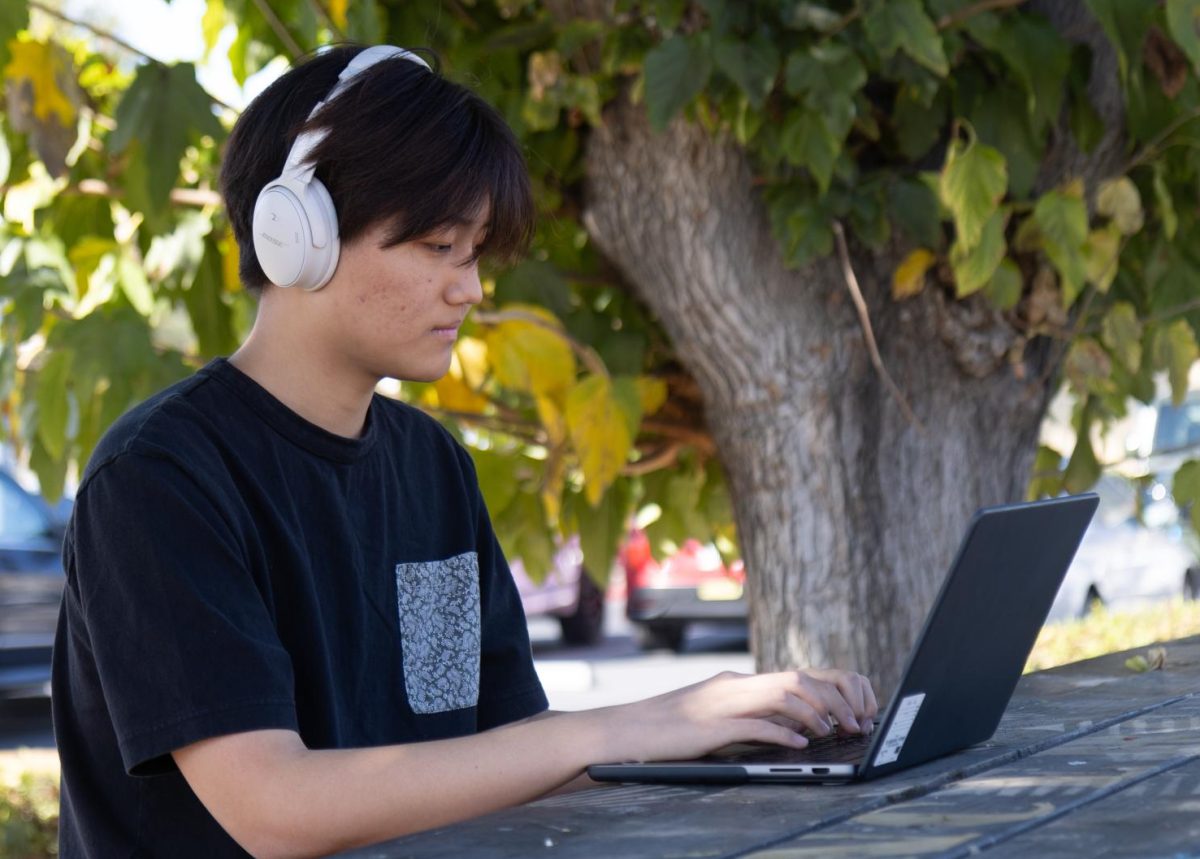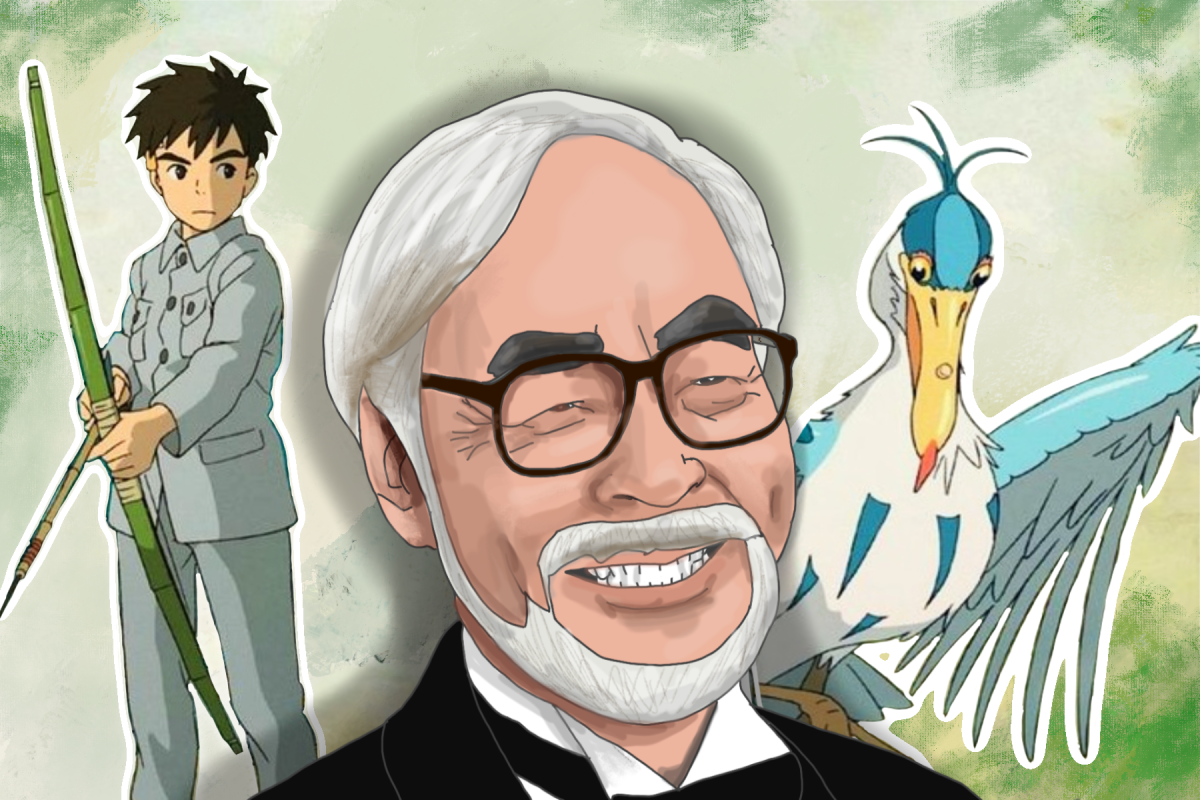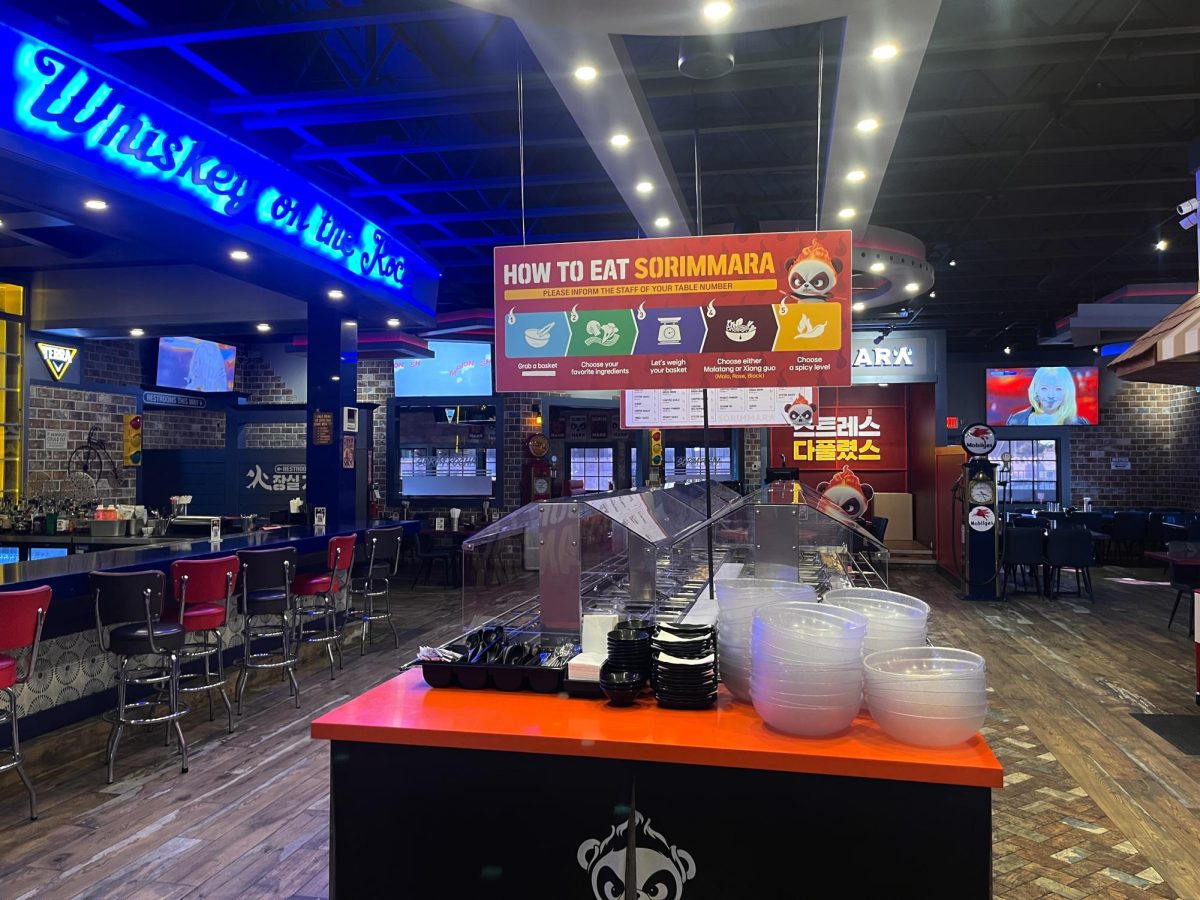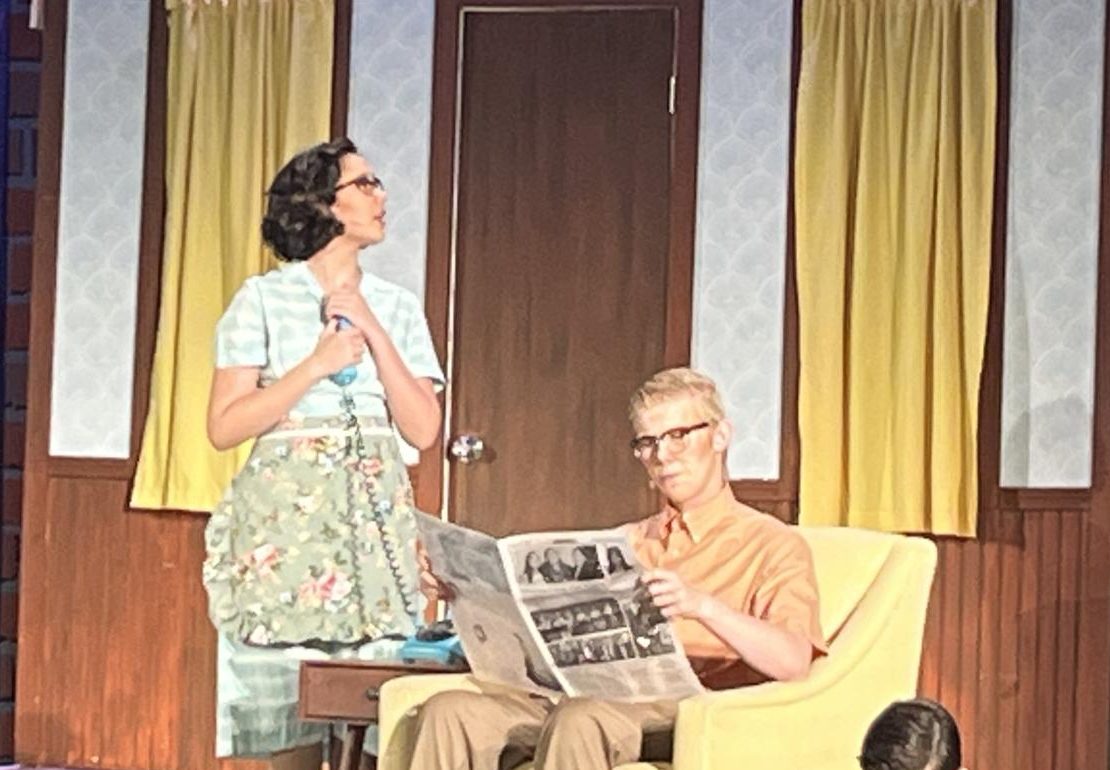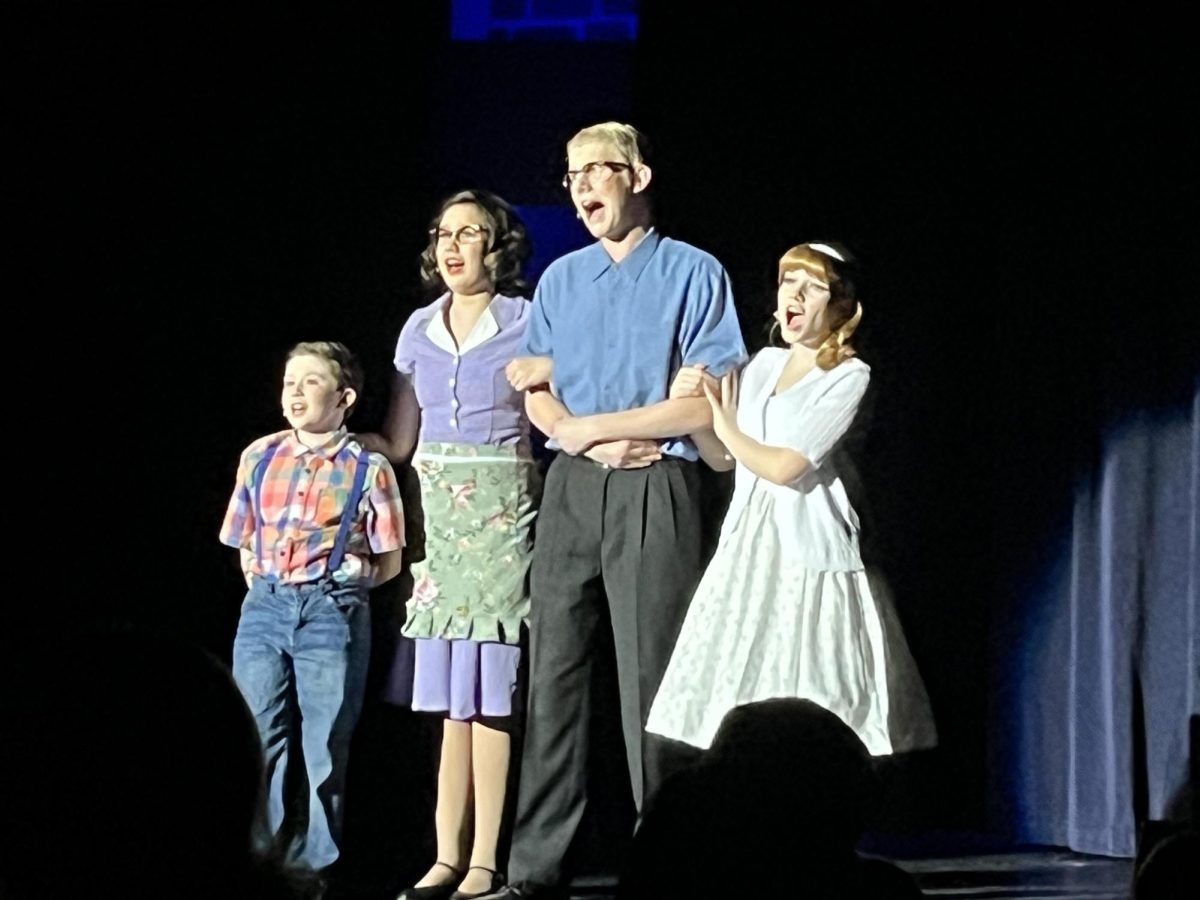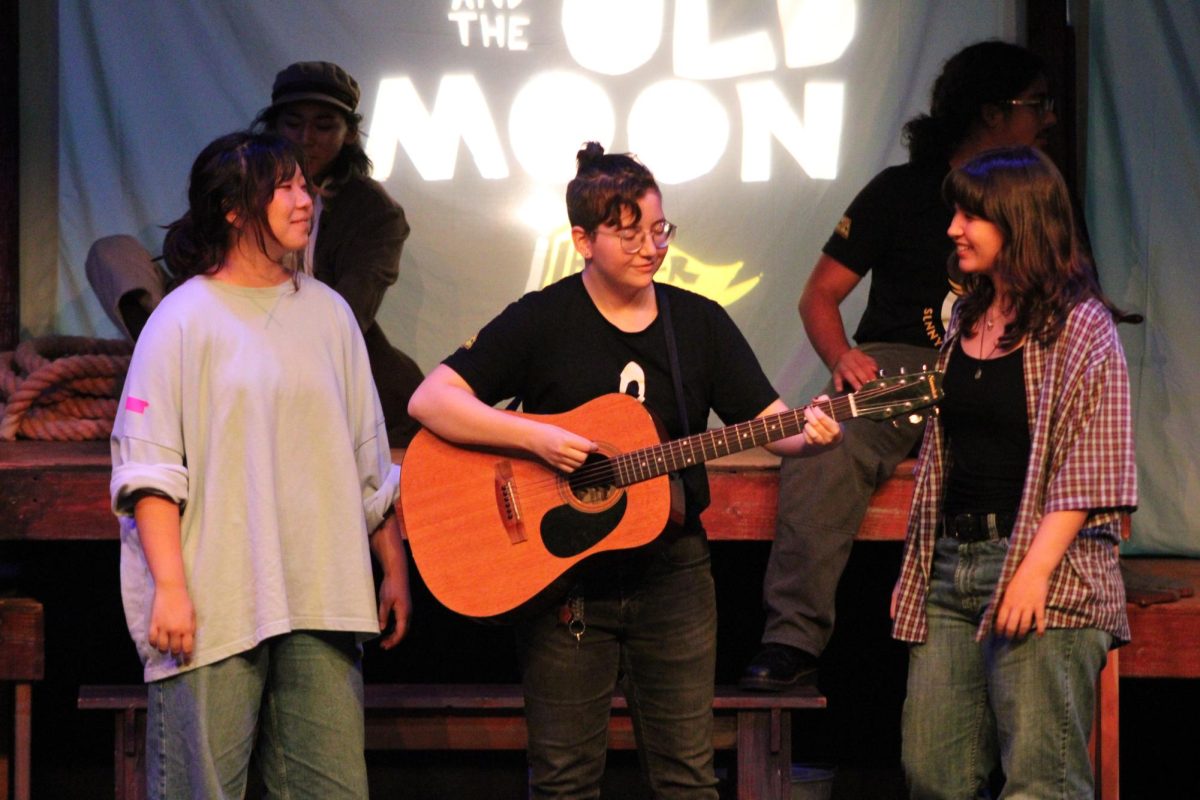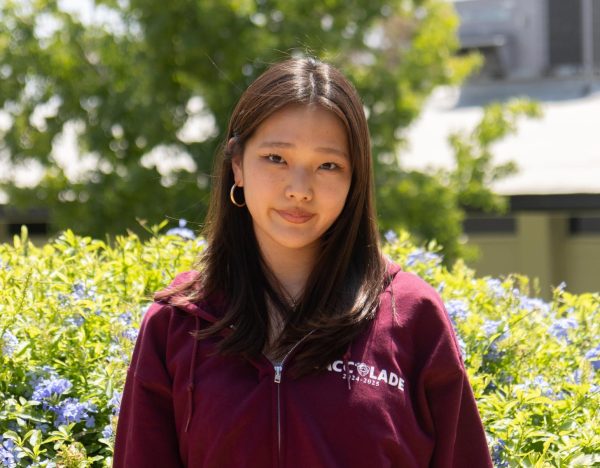Fans revere the Marvel franchise for its powerful superheroes with otherworldly abilities — but sometimes, it is the humanity of a character that truly appeals to an audience. This is the best part of Marvel’s newest series “Echo,” a compelling story that captivates its viewers.
A sequel to the 2021 series “Hawkeye,” “Echo” follows anti-hero Maya “Echo” Lopez (Alaqua Cox, “Hawkeye”) through a total of five episodes as she embarks on a journey of self-discovery.
Though Lopez’s primary role in the preceding series was the antagonist, viewers learn more about the events that shaped her to become the person she is today.
Directed by Sydney Freeland, the series was released on Tuesday, Jan. 9, on streaming services Disney+ and Hulu.
For those who missed Hawkeye, Marvel immediately reveals Lopez’s deafness when her family and friends communicate with her via sign language. One of the first real shocks appears not even 10 minutes in when she gets into a gruesome car accident that leaves her without a right leg.
The protagonist’s disabilities are easily one of the most significant details of the series. Marvel makes sure to provide a proper representation of the life of a deaf and amputated individual. Viewers can appreciate how naturally Lopez presents her impairments, as Marvel is careful to not blow them out of proportion.
Though empowering for those with relatable conditions, Freeland implements multiple gorey sequences in just the first episode, which ultimately sets the scene for the rest of the series. As such, those who are averse to graphic content should refrain from watching “Echo.”
Because the main character is deaf, Marvel applies certain sound effects to amplify the audience’s experience. Many scenes start in dead silence to simulate deafness and gradually gain layers of chilling music or other audio, which creates an engaging outcome.
Besides the interesting effects, however, the series itself starts off fast paced for viewers.
After the murder of her father, Lopez’s uncle, Wilson “Kingpin” Fisk (Vincent D’Onofrio, “Lift”) suggests the girl take out her pain by killing others as his personal assassin. In return for her services, he promises to put all his resources into bringing the murderer to justice.
Barely a minute later in the show, the protagonist has a revelation that Kingpin wanted her father dead and pursues revenge.
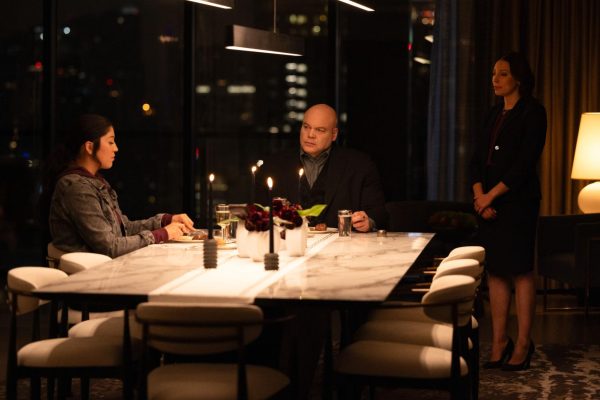
Following her plans for vengeance, the series skips forward to five years later in just the first episode. Though the flashback proves unnecessarily long, it effectively sets up the premise for the remainder of the series.
From there, it is easier to follow the plot, even for those unfamiliar with the Marvel universe. Kingpin, who fans may recognize as an infamous villain, is evidently up to no good.
Lopez, now independent, has been dreaming of her ancestors, the Choctaw people. The plot begins to incorporate Lopez’s Native American roots. Through this, the series eventually develops themes of grief, love and acceptance.
At its core, the show is an exploration of dealing with trauma — the protagonist, who is not exempt from the crime of murder herself, and the viewers learn that coping with death and betrayal is not easy. As a result, it keeps viewers hooked with its compelling topics and drama.
As she gains more combat experience, Lopez earns the nickname “Echo” from her ability to mimic other character’s abilities and summon the powers of her ancestors.
Further conflict arises when the anti-hero finds out that Kingpin, whom she and presumably the audience believes had died five years ago, is actually alive and more importantly, after her. This comes as no surprise as Kingpin consistently reappears to antagonize many Marvel universes.
Coming to terms with the past is a crucial part of Lopez’s journey. Marvel uses graphic scenes to emphasize the hardships in her life, and though it may not be for all, it is effective for what it is worth.
Compared to previous Marvel series, “Echo” has a mature tone. It is a raw piece of coming to understand oneself. The protagonist feels human, and the audience is compelled to root for her journey because it “echoes” one they may be familiar with themselves.


